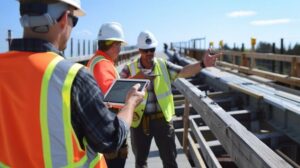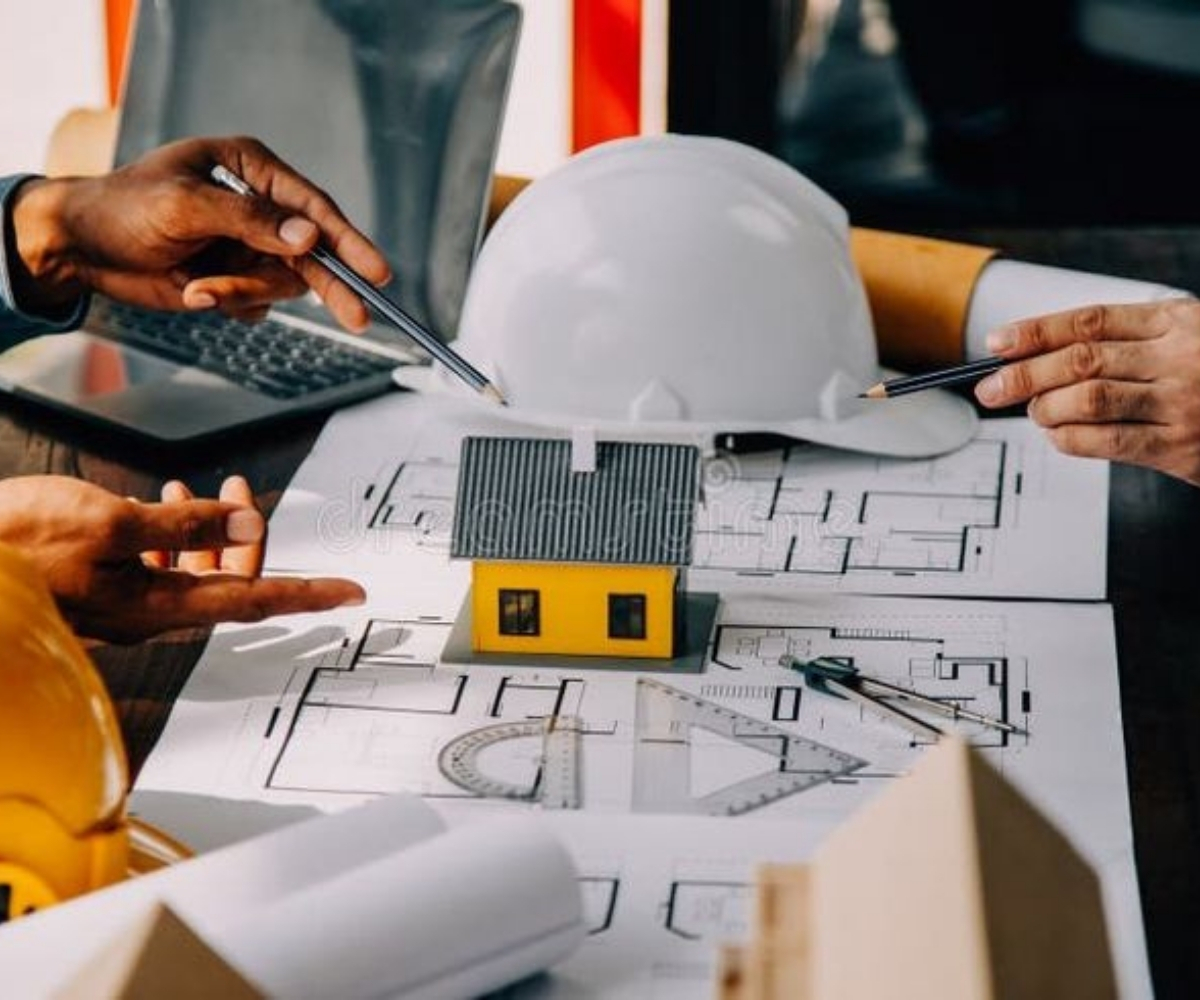Best Practices for Managing Large-Scale Construction Projects
Managing large-scale construction projects requires strategic planning, flawless coordination, and diligent execution. Given their extensive scope and complexity, these projects demand a well-structured approach to achieve timely and successful outcomes. The following best practices are key to streamlining the process and ensuring long-term success.

1. Build a Robust Project Plan
Begin with a detailed and realistic project roadmap. Clearly define:
- Project goals
- Functional requirements
- Timelines and deadlines
- Budget allocations
- Resource distribution
A comprehensive plan helps in minimizing ambiguity, improving accountability, and promoting focused execution across all teams.
2. Set Up Clear Communication Protocols
Communication breakdowns are a common cause of delays. Establish structured communication systems to ensure:
- Regular client and team meetings
- Transparent updates and feedback loops
- Use of digital collaboration platforms
- Timely escalation of challenges
Clear communication improves decision-making and keeps all stakeholders informed.

3. Segment the Project into Smaller Tasks
Dividing large-scale projects into manageable phases enables:
- Improved focus on specific tasks
- Easier identification of bottlenecks
- Accurate progress tracking
- Better quality control
Phased execution allows teams to handle each element with care and attention to detail.
4. Encourage Collaborative Workflows
Fostering collaboration among all key players—including architects, engineers, contractors, and suppliers—leads to cohesive teamwork. Strong coordination helps in:
- Fast problem-solving
- Seamless sharing of updates
- Aligning team goals
- Ensuring on-time delivery

5. Conduct Frequent Risk Reviews
Proactively identifying potential risks ensures timely countermeasures. Regular risk assessments should focus on:
- Safety hazards
- Budget overruns
- Timeline delays
- Contractual disputes
Preparedness minimizes disruptions and safeguards the project timeline.
6. Establish Project Controls
Effective project controls help monitor progress and maintain alignment with goals. Use tools like:
- Earned Value Management (EVM)
- Daily progress reports
- Cost and quality benchmarks
This enables informed decision-making and real-time adjustments.

7. Integrate Advanced Technologies
Modern construction benefits greatly from technology. Implement:
- Building Information Modeling (BIM)
- Construction project management software
- Automated task workflows
Technology improves efficiency, reduces human error, and provides accurate insights into ongoing activities.
8. Prioritize On-Site Safety
Safety is non-negotiable in large-scale construction. Enforce strict safety policies by:
- Conducting regular safety drills
- Following legal and industry safety norms
- Providing personal protective equipment (PPE)
- Training teams on safety practices

9. Monitor Budget and Control Costs
Maintain financial discipline through:
- Frequent budget reviews
- Expense tracking
- Timely adjustments for cost overruns
- Documentation of change orders
Maintaining control over project finances reduces the risk of budget-related delays.
10. Maintain Thorough Documentation
Keep detailed records of all project-related documentation, such as:
- Contracts and agreements
- Permits and approvals
- Design blueprints
- Site inspection reports
- Meeting notes and updates
Good documentation supports transparency, simplifies dispute resolution, and ensures compliance.

11. Evaluate and Apply Lessons Learned
Continuous improvement is crucial. At project completion, conduct:
- Performance reviews
- Team feedback sessions
- Analysis of successes and challenges
Use this knowledge to improve future project execution and reduce repeated mistakes.
By adopting these best practices, construction project managers can navigate the complexities of large-scale developments with confidence. A disciplined and proactive approach ensures that projects are completed efficiently, safely, and to the highest standards of quality.





